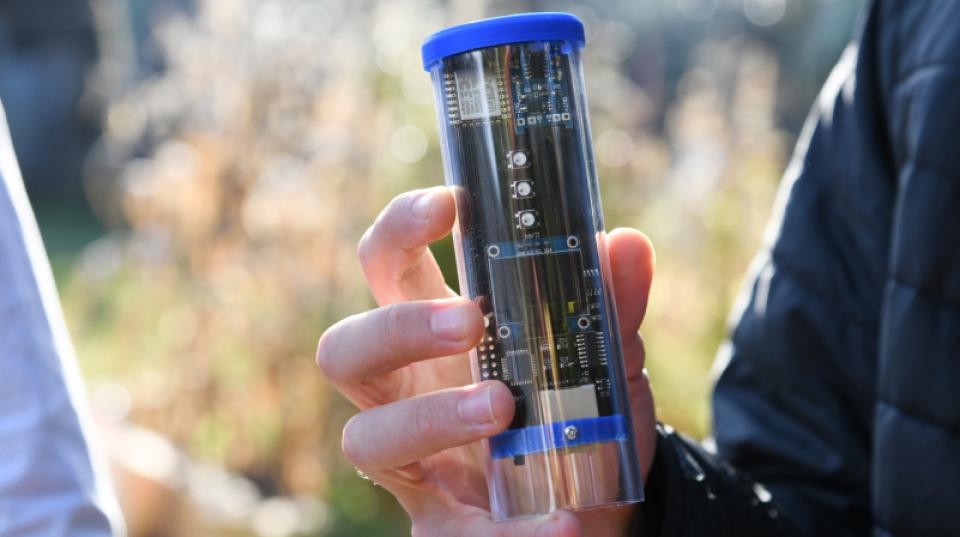Overview
This small research and development activity (SRA) was the second associated with the development of a proposed long-term ACIAR program for building adaptive capacity of communities living in salinity-affected landscapes of Pakistan.
The increasing extent and severity of salinisation across the Indus Basin greatly jeopardises the potential of those living there to escape the trap of poverty. Soil salinity problems are particularly serious in Sindh province where some 70 to 80% of the soil is classified as moderately or severely saline.
Given the scale and severity of the development issues, this SRA sought to build greater engagement with potential partners in the southern end of the Indus Basin, create opportunities for key individuals from Pakistan who are championing the project to meet with and learn from those in Australia who have dealt with or are dealing with their salinity-affected landscapes, and create activities to ensure the project proposal uses pathways to impact based on sound systems analysis.
Project outcomes
- Re-engaged potential project partners and engage other expert informants in a reconsideration of the existing “Living with Salinity in the Indus Basin” project approach as a series of projects to be conducted over a ten-year timeframe.
- Used this re-engagement opportunity to model and document an approach to a 10-year project proposal development for ACIAR that begins with a focus on intended outcomes, and then works backwards to outputs, activities and expertise needed.
- Incorporated a strategy for gender inclusion into the projects being developed.
- Submitted a revised Phase 1 proposal with input from and endorsed by all project partners.





